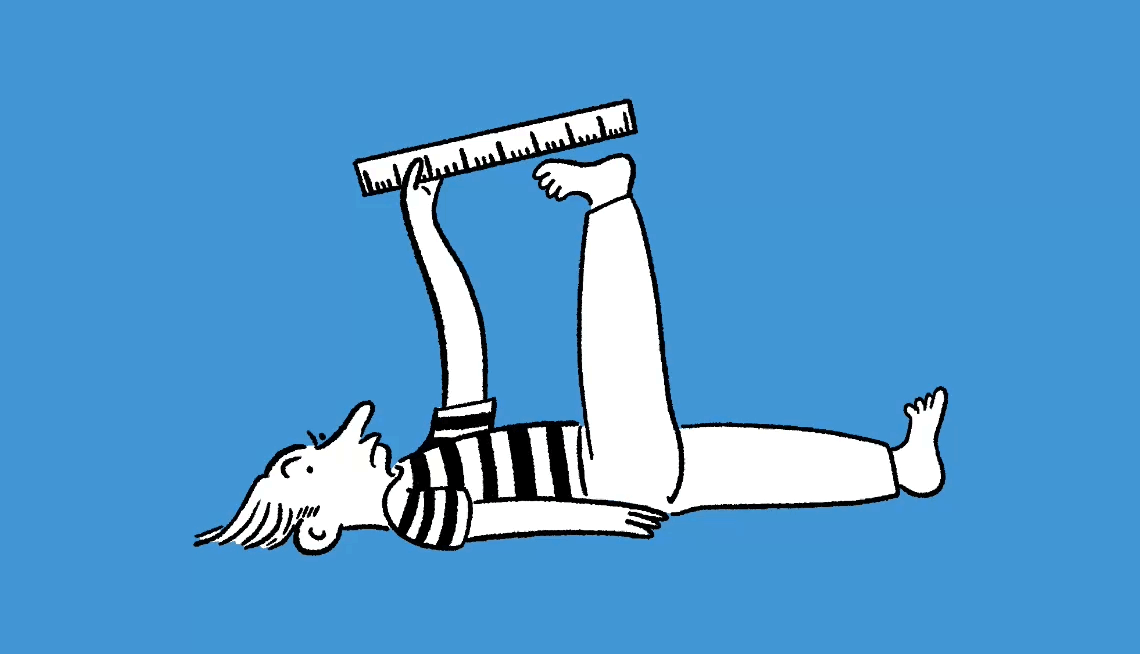
Ask dr. Adam: why are my feet changing size and shape? | members only
- Select a language for the TTS:
- UK English Female
- UK English Male
- US English Female
- US English Male
- Australian Female
- Australian Male
- Language selected: (auto detect) - EN
Play all audios:

_MY FEET ARE CHANGING SIZE AND SHAPE AS I GET OLDER. WHAT’S GOING ON? _ Like most parts of our body, our feet change as we age. These complex appendages consist of 52 bones (one-quarter of
all the bones in our body), as well as muscles, ligaments, tendons and skin. Feet are the physical foundation that keeps us balanced and upright. Since most of us stand at least three to
four hours a day, we need our feet to be strong, stable and flexible. But with normal wear and tear, they get wider, longer, flatter, stiffer and more sensitive. They may even start to hurt
if you suffer from arthritis or other conditions. While a baby’s feet are plump and squishy, as we age, our foot pads, which support the sole, heel and forefoot, naturally lose their fat and
cushioning. For many of my patients, especially those in their 80s or 90s, the slightest touch can trigger discomfort. Similarly, over time our arches can flatten, which can cause the bones
to change shape and lead to deformities such as bunions and hammertoes. ASK DR. ADAM _Adam B. Rosenbluth, M.D., is an internist and cardiologist in New York City. Each Monday, he’ll weigh
in on your questions about how to make your body work better for you. His AARP book will be published in 2027. Join in on the conversation on social media @dradamrosenbluth to learn to move
the needle on your personal health in an achievable way._ Email your questions for Dr. Adam to [email protected] You know how muscles weaken over time? The muscles in our feet are no
exception. What’s more, if our circulation is poor, our feet can swell and fluctuate in size. Both of those conditions can lead to problems with balance, and I don’t have to tell you how
important balance is. If left untreated, foot problems can also lead to knee, hip and spine injuries. But try not to get discouraged. While you won’t be able to bring your feet back to
their 20-year-old glory days, there’s plenty you can do to regain strength, balance and flexibility. For example, if you are carrying extra weight and drop a few of those pounds, the
pressure on your feet will lessen, and conditions like spreading will be reduced, even reversed. In a similar vein, a diet that lowers inflammation in your body can likewise diminish
arthritis pain and swelling in your feet. You’ll want to eat whole, unprocessed foods like vegetables, legumes and fatty fish, and cut back on simple carbs, sugar and added salt.
